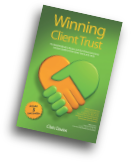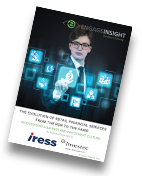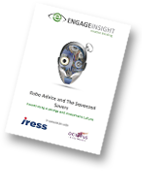When designing our FinTech digital business development platform Model Office – MO. We were invited to the FCA’s regulatory Sandbox workshops in December ’15 to contribute to how the Sandbox can best be applied to the on-going business development. 
Our observations led us to recommend the FCA design a diagnostic where firms could take an assessment of their business against the rulebook to assess if their application would be suitable or not. Although the regulator thought this was a good idea, they came down on the side of ‘too prescriptive’. After all, we do live in a world of risk and principles-based regulations.
So with MO at the Beta stage over the summer, we built in its RegTech capabilities to complement its business development capabilities where the platform algorithm will factor in relevant:
- FCA suitability requirements
- FCA final guidance and discussion papers and their good outcomes
- Treating Customer Friendly (TCF) principles
- Financial Advice Market Review (FAMR) recommendations
- MiFID I & II directives
The platform now has over 450 ‘dynamic behavioural steers’ to choose from which incorporate the above RegTech and its business development strategies to help firms improve their scores and professional development.
From a behavioural science perspective, MO’s aim is to encourage internal motivation and values to push forward client-centric and regulatory compliant corporate behaviour. The Nobel Prize-winning behavioural economist Daniel Kahneman has demonstrated that intrinsic motivation (driven by values) is more important in stirring behaviour than extrinsic motivational factors. Indeed another behavioural economist Robert Thaler developed ‘endowment theory’ where people ascribe more value to things they own.
Thus MO will encourage firms to continue to take full control of their professional development journey in diagnostically assessing their progress, encouraging good work and providing steers and resources to improve scores where necessary.
This all means retail financial service firms will have digital guidance to engage with internal and external resources and ensure compliance systems and business development strategies are adopted which can help the firm assess current and new service propositions and provide good outcomes for their clients.













